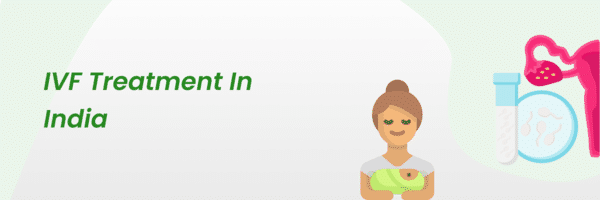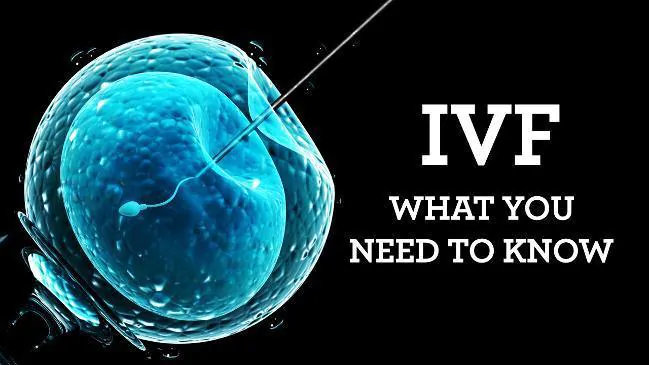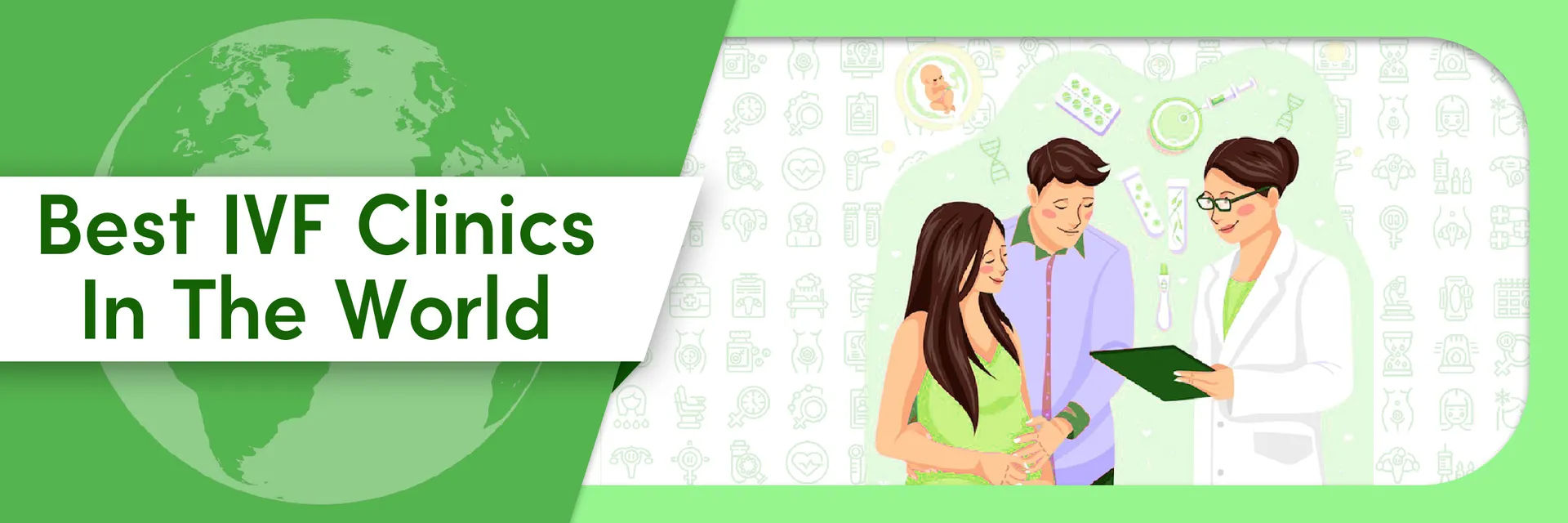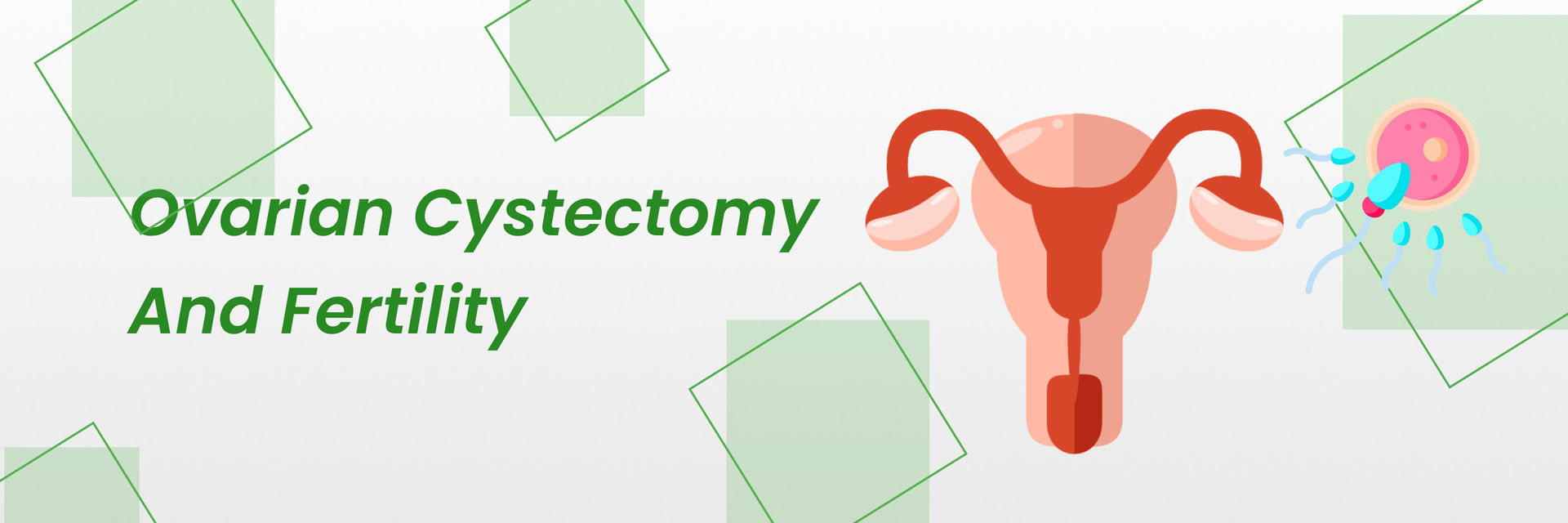Estrogen is a female hormone. This hormone plays a very important role in pregnancy. Optimum estrogen levels help in the proper functioning of the uterus and aid in the proper development of the embryo. And, thus, estrogen levels and IVF success are related.
Now it's time to see how estrogen levels can impact the IVF procedure!
What is the relationship between estrogen levels and IVF success?
The study published in the journal Fertility and Sterility investigated the relationship between estrogen levels and IVF success.
After the study, it was found that high estrogen levels during HCG triggers reduced the rate of fertilization and implantation.
In contrast, low estrogen levels were associated with high rates of fertilization. The study suggests that adjusting the levels of estrogen to optimum amounts improves the chances of IVF success.
Take charge of your health with the best treatment. Book your consultation now.
What are the signs of low estrogen?
Women who have low levels of estrogen in their body may have the following symptoms:
- Irregular periods
- Hot flashes
- Difficulty in sleeping
- Mood swings
- Headaches
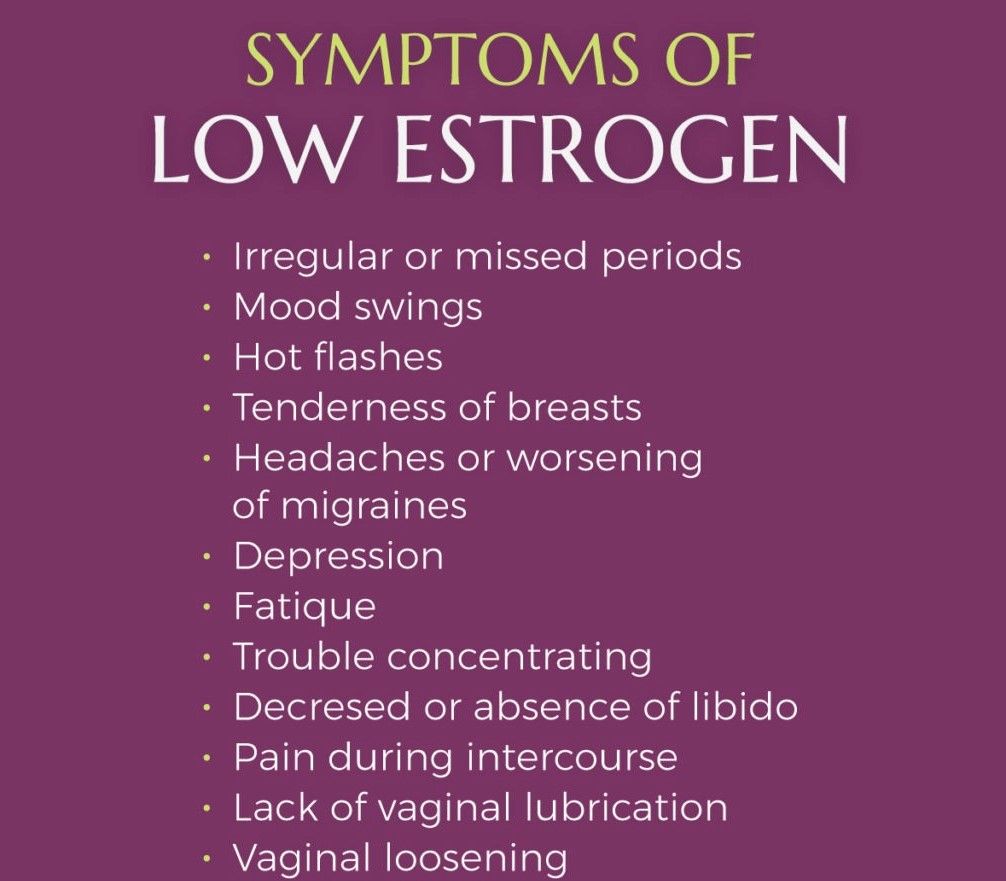
It is important to monitor estrogen levels during IVF. Read on to see how it can be done!
How are estrogen levels monitored during an IVF cycle?
Estrogen levels during IVF are measured using a blood test called Estradiol (E2) assay. This test measures the levels of estradiol (the most potent form of estrogen) in the body. The E2 test is performed at various times during the IVF cycle:
- At the beginning of the cycle
- During ovarian stimulation
- Before ovulation induction
Optimum follicle growth means there is an adequate amount of estrogen in the body. Hence, other than blood tests, ultrasound is also used to measure the growth of follicles. This can help doctors to understand the levels of estrogen in the body and adjust medications accordingly. The doctors can also use this information to adjust HCG triggers and medication during IVF cycles. This will optimize the chances of IVF success.
Now that you know the importance of estrogen levels for IVF success, you must be curious to know what the optimum levels of estrogen are. Continue reading to find out!
What is a good estrogen level for implantation?
According to a study, a good estrogen level for implantation is between 100 and 500 pg/ml. It was found that estrogen levels within this range had higher rates of implantation and pregnancy compared to estrogen levels outside this range.
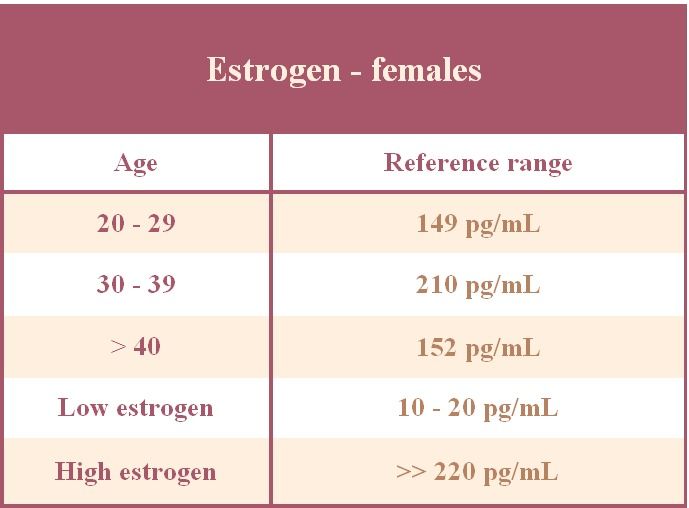
The study also indicated women with estrogen levels between 100 and 500 pg/ml had an implantation rate of 38.5%. Other women who had estrogen levels below or above this range had implantation rates of 26/3% and 33.3% respectively.
However, you should also note that estrogen levels are not the sole factors that affect IVF success. Other factors like the quality of the embryo, uterus receptivity, age and women's health, also play a role in the success. But having an optimum level of estrogen will increase the chances of IVF success.
Your well-being is our priority - call us to book your appointment today.
Can you increase estrogen levels naturally?
There are no guaranteed ways to increase estrogen levels naturally. However, certain lifestyle and dietary changes can support healthy estrogen levels in the body.
The following are some of the tips that can help in ensuring healthy estrogen levels:
Balanced diet | Include fruits, vegetables, whole grains and lean proteins in your diet. These will help in maintaining healthy estrogen levels in the body. |
Maintaining a healthy weight | Being underweight or overweight disrupts the levels of estrogen in your body. Regular exercise will help in maintaining the right weight and keep optimum estrogen levels in your body. |
Reduce stress | Chronic stress disrupts the balance of estrogen in your body. Find ways to manage stress effectively. Meditation, yoga and relaxation techniques are good ways of reducing stress and maintaining optimum estrogen levels for IVF Success. |
Avoid certain medications | You should avoid taking medications like hormonal birth control medicines. This reduces the levels of estrogen in your body. Before taking any medications you should consult with your doctor and see that it does reduce the levels of estrogen in your body. |
Include phytoestrogens in your diet | These are plant-based compounds that mimic the properties of estrogen in your body. Soybeans, flaxseeds, chickpeas, and lentils are some of the foods rich in phytoestrogen. |
Can IVF be successful with low estrogen? Let’s find out!
Can IVF be successful with low estrogen?
Low estrogen levels during the IVF cycle may lead to a canceled cycle. However, low estrogen levels do not mean that the cycle will be canceled. Low estrogen levels indicate that the ovaries are not responding in the way they are expected to respond to medications. This might result in a lesser number of eggs retrieved and lowers the chances of IVF success.
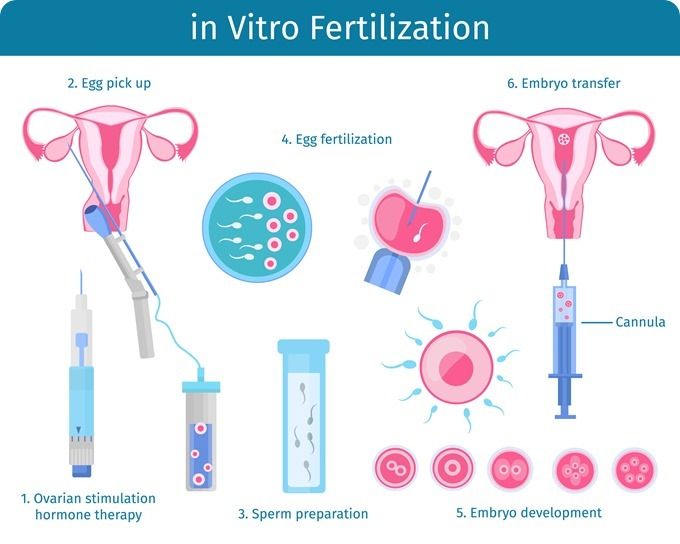
Although, the low estrogen level is not the sole reason for an IVF cycle getting failed. There are various other factors like the age of the patient, infertility cause, and protocol used for the cycle. Low estrogen levels are one of the many factors leading to a failed IVF cycle.
Take charge of your health and your life. Contact us today!
References:
https://www.fertstert.org/article/S0015-0282(98)00059-4/fulltext
https://www.verywellhealth.com/
https://www.gfmer.ch/Books/Reproductive_health/Monitoring_IVF.htm

